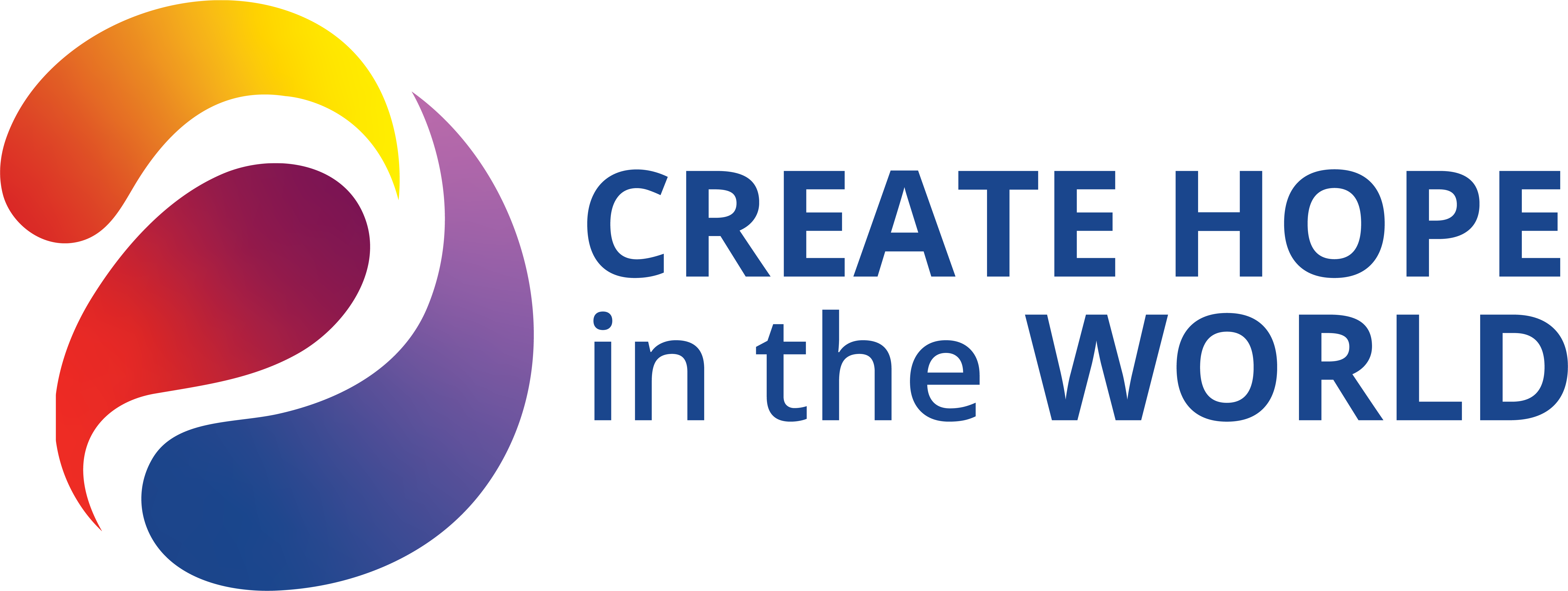A
Dr. Brice Harris, Jr. has been a Professor of Middle East History and is now retired. He was a professor at Occidental College. He earned his B.A. at Swarthmore College and his M.A. and Ph.D at Harvard University. He also was involved with the American University in Cairo, Bahrain University College, King Faisal University and President, Pasadena Area Liberal Arts Center.
Today, his talk to us was about Syria, which is a mighty big subject and hard to contain in a short 30 minutes.
“The Syrian Enigma—What’s Happening and What to Expect”
Dr. Harris as he started his talk told our club that when he was in High School the local Rotary Club sponsored a contest, and he won! He was presented a check for $5.00. Our club members chuckled and Dr. Harris said very quickly “Well, today it would be worth $50.00.”
Syria and the formal name for this country is Syrian Arab Republic. It is located in Western Asia, bordering on Lebanon and the Mediterranean Sea to the west. Turkey to the north, Iraq to the east, Jordan to the south, and Israel to the southwest. Its capital is Damascus and is the oldest continuously-inhabited cities in the world. This is home to diverse ethnic and religious groups, including Alawite, Sunni and Christian Arabs, Armenians, Assyrians, Druze, Kurds and Turks. Sunni and Christian Arabs make up the largest population group in Syria.
Syria is about the size of North Dakota and the total population is 16,730,000. The major languages are: Arabic, Kurdish and Armenian. Religion: 74% Sunni Muslim; 16% Alawite Druze, and other Muslim sects; 10% Christian and Jewish.
He then started his talk and he said “Syria is not an enigma – and it is not a puzzle. It is not as complicated as it seems.”
#1 He brought up the subject of the Arab Spring, of which I was glad to finally get an explanation of this horrible happening in the Mid-East. The Arab Spring was caused by the people and especially the young people revolting against the elitist rule. It actually started with a young man in Bahrain who through a peaceful revolution tried to start a revolt. It turned to many being killed not only in that country but throughout the Mid-East. The first country to stall the onset of the Arab Spring was in Libya.
Primarily this all happened as the young people are a majority in most Arab countries. By comparison, in the United States the under 30 age group accounts for 41 % of the population. The young people in the Middle East are frustrated.
The big difference in Syria is the fact that the people there support the Government and they identify with the government.
#2 The Sumi Muslims are the businessmen and make most of the rules. They are 60% of the population and support the Syrian regime.
#3 Christians are 10% of the population. However they are better educated and have smaller families. They have benefited from these actions. They do not like Asad. Primarily they have freedom of religion and fear what might replace the regime.
Opposition is more hostile. Retribution in exchange of the regime.
Entities from at least a dozen countries are helping supply the Syrian regime and military with various levels of support, enabling the Syrian government’s war machine to continue functioning.
Russia has provided military equipment, military advisors, diesel fuel, gas oil and financial assistance.
Iran has provided military equipment, advisors, and personnel, diesel fuel, and financial assistance.
North Korea has provided missile technology, other arms, and technical assistance.
Venezuela and Angola have sent, or contracted to send, diesel fuel.
At one time the U.S. provided much help, but has declined in recent years.
These groups do not get along. The Kurds in the north eastern area of Syria are 10% of the population. The Kurds are not Arab. Their problem is that they do not have a land of their own.
No one will win. Asad is doing well. But cannot defeat the opposition. It is a stalemate and will continue for awhile.
The U.S. supports but more in diplomacy.
1. We think we should help, prestige is there. 2. Russia wants us to fail. 3. Israel is primary factor. 4. Israel vs Asad. Why?
Kurds are a different ethnic group and they do not speak Arabic. Lebanon has 17 different ethnic groups.
So many differences. In a tiny area of Syria. Devastation of Syria and it also could be a success story—like Yugoslavia.
Syria, an easy country to understand? How can it be with so many factions.
Dr. Harris brought our club new ideas of an area of the world that is full of major problems, of different people trying to live together. Could it be like Yugoslavia?
Only the future will tell.
(Phyllis Corliss)
Thank you Program Committee for bringing us Dr. Brice Harris. In a short 25 minutes he brought a new persuasion of thought on the Mid-East.
(Phyllis Corliss)

 Let’s Recap! 4/12/24
Let’s Recap! 4/12/24